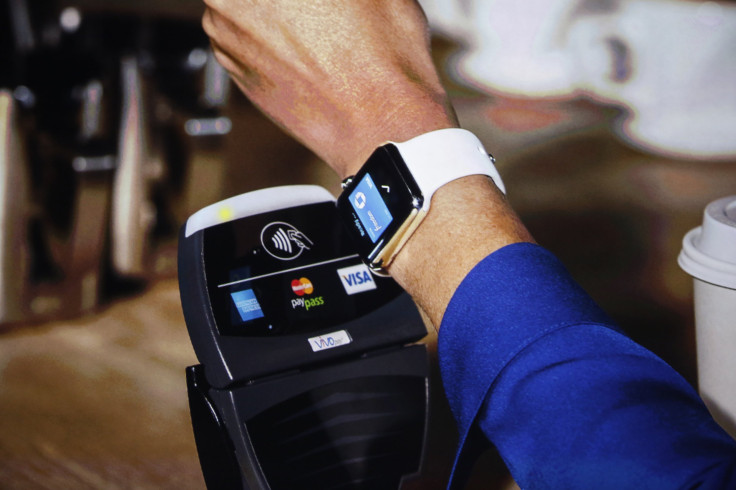Will Apple Pay Earn Oversight by the Consumer Financial Protection Bureau?

With the introduction of Apple Pay, Apple CEO Tim Cook invited the likes of JPMorgan Chase, Bank of America and Citigroup to the Cupertino negotiating table, in hopes that consumers will reach for their iPhones at the cash register rather than their plastic. The biggest financial services firms in the U.S. have agreed to integrate their cards into the new pay platform and, as Bloomberg reported, share fees with Apple.
One question now is: Will they also share a financial regulator, namely the Consumer Financial Protection Bureau?
That would be new terrain for Apple. "I think it's fair to say that the CFPB is monitoring the mobile space very closely," Georgetown law professor Adam Levitin told International Business Times. Regulators know that new technologies have the power to improve consumers' lives by lowering the cost of financial services, or by helping people to better manage their personal finances, Levitin said, but "there’s always the concern that technological innovation could be a mixed bag."
In a blog post this week, Levitin -- who also happens to sit on the CFPB's Consumer Advisory Board -- articulated how Apple could now find itself under the regulator's watchful eye with its new pay system, which goes into effect in October. The CFPB oversees two kinds of entities: one known as "covered persons," which offer financial products or services, and the other known as "service providers."
Levitin believes Apple now meets the "service provider" definition included in the Dodd-Frank Wall Street Reform and Consumer Protection Act: that it provides "a material service to a covered person in connection with the offering or provision by such covered person of a consumer financial product or service."
"Card issuers are covered persons, and Apple is providing a material service in connection with a consumer financial product: a credit card," Levitin wrote.
For that matter, he told IBTimes, “The same thing probably applies to Google [Wallet] as well.”
As Levitin points out in his blog post, the CFPB may not actually agree with his interpretation of the law. But if he is right, and Apple counts as a "service provider," it would mean that the CFPB could examine Apple's books and records, and apply its enforcement authority -- including its authority to prevent "unfair, deceptive or abusive acts and practices" (known as UDAAP). State attorneys general can also use the federal UDAAP statute to bring actions against non-banks, Levitin explained.
It's still early days for Apple Pay, of course. Though only 48 hours after Apple's big reveal, CFPB Director Richard Cordray spotlighted mobile technology during a meeting of the Consumer Advisory Board on Thursday.
"[U]sing mobile devices for all sorts of banking services can make some transactions cheaper or faster or both," Cordray stated, according to his prepared remarks. "But we need to make sure that the legal and regulatory framework can keep up effectively, so that all consumers can be well served and remain protected, whether they are opening their wallet or scanning the screen on their smartphone."
With Apple Pay, consumers store their credit card information on their Apple device and make purchases by tapping it on a connected part of the merchant's checkout system, and clicking the iPhone's TouchID-enabled home button.
In June, Cordray's agency also opened a public inquiry into how mobile financial services are affecting unbanked and underserved consumers.
IBTimes contacted the Consumer Financial Protection Bureau for comment on Apple Pay. Spokesperson Moira Vahey responded in an email:
"The Bureau’s role is not to choose market winners and losers, but to protect consumers and to make sure that companies offering consumer financial products or services play by the same rules. By and large, those rules are technologically neutral. Rules that apply to plastic card payments also apply to payments with a phone. For example, disclosures must be clear, consumers must be protected from unauthorized transactions, and conduct towards consumers must not be unfair, deceptive, or abusive.”
Apple did not respond to a request for comment.
© Copyright IBTimes 2024. All rights reserved.











